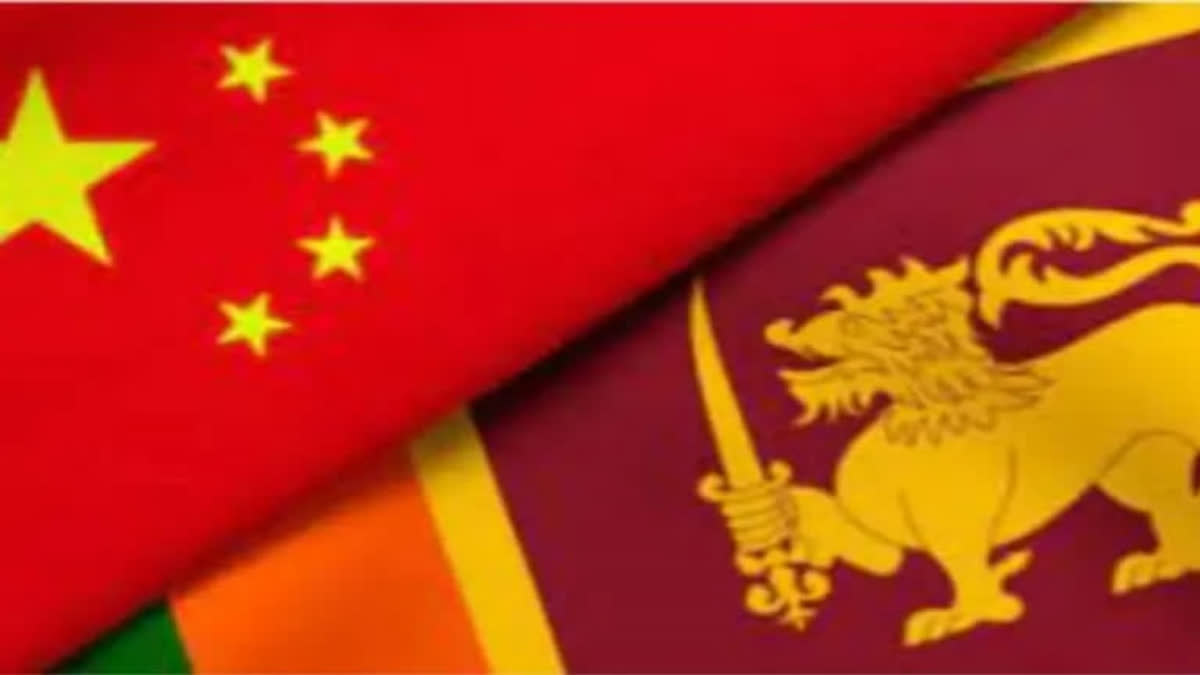Beijing: China has offered to invest USD 3.7 billion in Sri Lanka, stated to be the biggest-ever foreign investment in the island nation, to build a state-of-the-art oil refinery as the two countries signed a new plan to upgrade BRI cooperation during Sri Lankan President Anura Kumara Dissanayake's state visit here.
On Thursday, Dissanayake met Chinese Premier Li Qiang and Chairman of the Standing Committee of the National People's Congress Zhao Leji and pitched for more Chinese investment in his address to Chinese firms. A day earlier, Dissanayake held talks with his Chinese counterpart Xi Jinping following which the two sides signed 15 agreements.
According to a press release by the Sri Lankan President's media division, his visit marked a significant milestone by securing the largest foreign direct investment to date of USD 3.7 billion Chinese investment to build a state-of-the-art oil refinery at Hambantota.
"This significant achievement was formalised this morning with the signing of an agreement between Sri Lanka's Ministry of Energy and Sinopec, a leading Chinese international petroleum corporation," it said. The refinery will have a capacity of two lakh barrels.
China has secured the strategic Hambantota port in the Indian Ocean on a 99-year lease as a debt swap. China has also secured a long-term lease to build an economic zone at Hambantota. Dissanayake incidentally was a critic of the Hambantota port deal for its long-term lease while he was in the opposition.
It was seen as a balancing act as last year India and Sri Lanka inked a deal to jointly develop 85 Word War II-era oil storage tanks at the strategic Trincomalee port in the eastern region of the country.
Asked for his reactions to Sinopec deal with Sri Lanka at a media briefing here, Chinese Foreign Ministry spokesperson Guo Jiakun said high-quality Belt and Road cooperation and exchanges and collaboration in various fields have delivered fruitful results.
"China and Sri Lanka today have a historic opportunity to build on what has been achieved and take the relationship into the next chapter. It is important to view bilateral relations from a strategic perspective and jointly build a China-Sri Lanka community with a shared future," he said.
As Dissanayake concluded his visit, his second foreign tour after his last month's visit to New Delhi where he committed not to allow Sri Lanka's territory to be used against the interest of India, there is no word from both sides yet whether Sri Lanka would permit the controversial research ships of China, regarded as spy ships by India, to be berthed at Hambantota port.
India has flagged its concerns to Sri Lanka about the recurring visits of the Chinese vessels. Sri Lanka's one-year ban on foreign research ships visiting its ports ended last month, and there is no official announcement about its status.
A joint statement issued at the end of the Dissanayake's talks here said, "the two sides share the desire to continue maritime cooperation on the basis of equality, mutual trust, openness and mutual benefit, and hold regular bilateral consultations on maritime affairs".
It also spoke of an agreement to upgrade China's Belt and Road Initiative (BRI) under which Beijing has made billions of dollars of investments, which came under criticism for their lack of commercial viability, worsening Sri Lanka's debt crisis.
In 2022, Sri Lanka announced its first sovereign default of its debt of about USD 46.9 billion, over 50 per cent owed to China. The Island nation managed to tide over the crisis with USD 4 billion in assistance extended by India followed by the IMF bailout package.
"The two sides were pleased to sign a Belt and Road cooperation plan to upgrade China-Sri Lanka high-quality Belt and Road cooperation and jointly open up new space for win-win development of higher standard, stronger resilience and greater sustainability," it said.
It also said Sri Lanka reiterated that "it will never allow its territory to be used for any anti-China, separatist activities and will firmly support China on issues related to Xizang (Tibet) and Xinjiang".
"Both sides reaffirmed mutual support on issues involving each other's core interests and major concerns," it said. It said Sri Lanka firmly supports all efforts by the Chinese government to achieve national reunification and opposes "Taiwan independence" in any form. Sri Lanka reiterated its commitment to follow an independent non-aligned foreign policy, it said.



